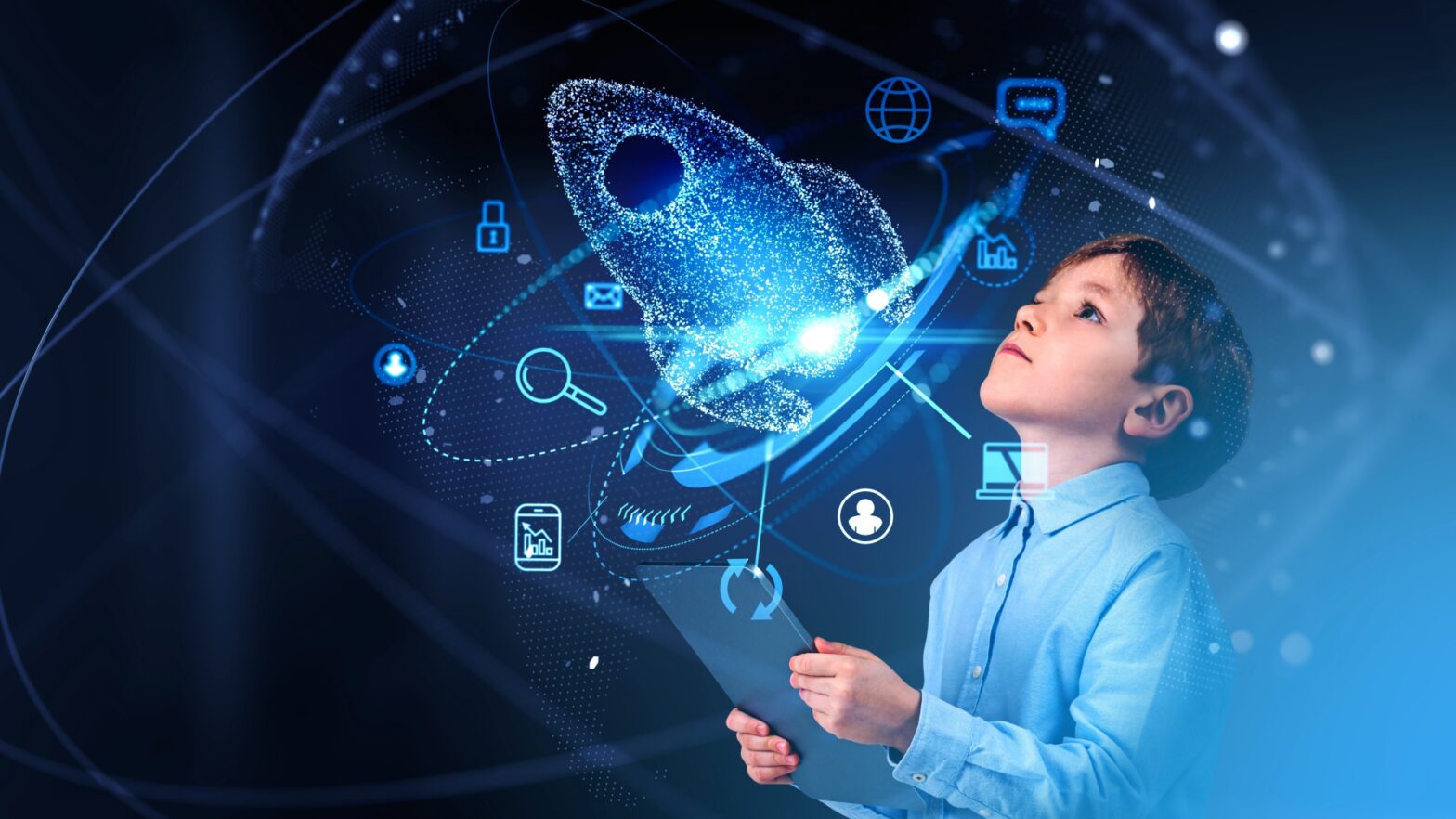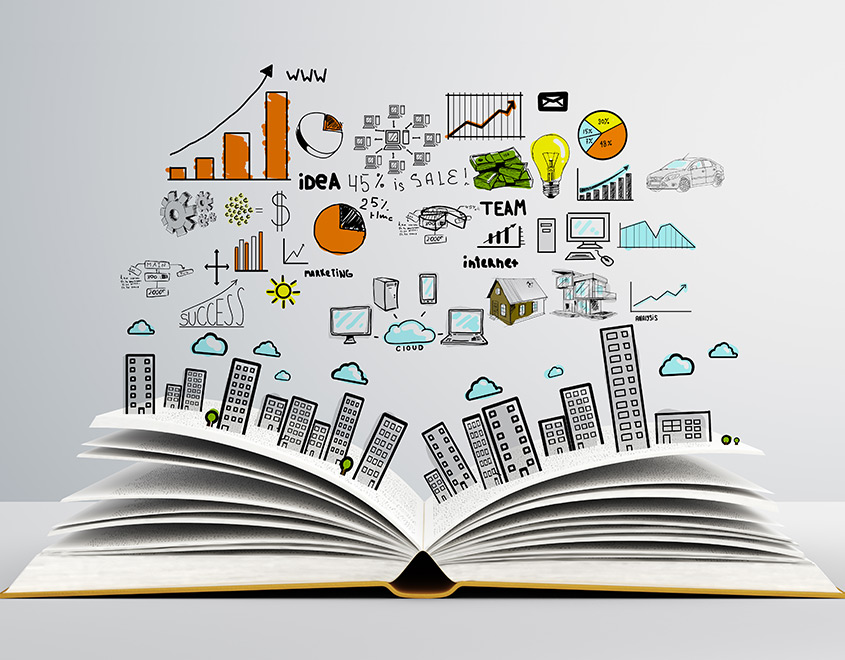Essential Resources for Organizations to Enhance Their Technique to Modern Technology Education And Learning
As institutions make every effort to enhance their modern technology education and learning structures, the identification and implementation of important sources become critical. Cutting-edge curriculum layouts that incorporate modern technology, alongside efficient online discovering systems, can significantly expand instructional ease of access and interaction.
Ingenious Educational Program Styles
In today's swiftly developing technological landscape, educators are progressively identifying the demand for ingenious curriculum designs that efficiently integrate innovation right into learning experiences. This integration is vital for preparing trainees for a future where electronic literacy is paramount. Innovative curriculum designs integrate different pedagogical techniques, making certain that technology acts as a device for improving engagement and promoting much deeper understanding.
One reliable method is project-based discovering (PBL), where pupils take part in real-world issues, using modern technology to study, work together, and provide their findings. This technique not just fosters essential reasoning yet also encourages the advancement of soft abilities such as team effort and communication. Additionally, flexible understanding modern technologies can customize the educational experience, satisfying specific understanding designs and paces.
Moreover, interdisciplinary strategies that blend subjects, such as combining scientific research and technology with the arts, help develop a much more holistic understanding atmosphere. This fosters creative thinking and advancement, equipping students with the skills needed to flourish in a facility, interconnected world. Ultimately, cutting-edge curriculum styles are essential for growing a generation of learners that are not only competent in modern technology however are additionally proficient trouble solvers and essential thinkers.
Online Learning Platforms
Several educators are turning to on-line discovering systems as necessary tools for boosting educational availability and involvement. These systems facilitate a hybrid understanding environment that accommodates diverse knowing designs and speeds, making education much more comprehensive. They offer a series of resources, consisting of video clip lectures, interactive simulations, and discussion online forums, allowing pupils to accessibility content from anywhere at any moment.
Popular on-line learning systems, such as Coursera, edX, and Moodle, provide establishments with the facilities needed to provide high-quality modern technology education. These platforms can be customized to align with certain curriculum goals and pedagogical approaches, guaranteeing that establishments can maintain their instructional standards while leveraging digital resources.
Furthermore, on the internet knowing platforms sustain cooperation amongst pupils and instructors, cultivating a feeling of area and shared finding out experiences. Advanced analytics devices offered on these platforms allow educators to track trainee progress and involvement, promoting prompt interventions when essential.
Specialist Growth Opportunities
Continuous specialist advancement is critical for teachers looking for to remain abreast of emerging technologies and instructional approaches in a quickly evolving instructional landscape (Insurance). To successfully incorporate innovation right into the classroom, educators must actively seek opportunities that boost their abilities and expertise
Organizations should focus on offering workshops, training courses, and seminars concentrated on the most up to date technical improvements and training methods. These programs can attend to various facets of innovation education and learning, including coding, electronic literacy, and making use of instructional software application. In addition, partnering with neighborhood colleges and tech companies can give educators accessibility to specialized training and resources.
Online expert growth platforms likewise use adaptability, permitting educators to participate in self-paced discovering. Webinars and digital conferences can help with understanding sharing amongst educators worldwide, fostering a worldwide viewpoint on innovation combination.
In addition, mentorship programs can connect experienced teachers with those brand-new to modern technology, advertising joint discovering and assistance. By developing a society of continuous knowing, institutions can empower instructors to welcome innovative teaching methods, inevitably boosting trainee involvement and success in technology education and learning. Investing in expert advancement not just benefits teachers however likewise considerably improves the finding out experience for pupils.
Collective Devices and Resources
Efficient combination of technology in education additionally relies upon making use of joint devices and sources that promote interaction and team effort amongst teachers and students. Such devices boost interaction and promote a society of collaboration, vital for contemporary understanding environments. Systems like Google Office and Microsoft Teams allow real-time file sharing, job administration, and seamless interaction, enabling groups to why not try these out collaborate successfully no matter geographical barriers.
Furthermore, finding out administration systems (LMS) such as Canvas and Moodle give structured environments for cooperation, where teachers can produce forums, designate team tasks, and assist in conversations. These platforms not just streamline educational delivery yet additionally motivate peer-to-peer communication, necessary for developing crucial reasoning and analytical abilities.
In addition, tools like Padlet and Trello can be utilized to envision ideas and take care of tasks collaboratively, improving project-based knowing experiences. By including these collective resources, institutions equip both pupils and instructors to add proactively to their finding out trips. Eventually, the effective usage of joint tools not only enhances the instructional experience however likewise prepares students to thrive in a progressively interconnected world.
Area and Market Partnerships
Neighborhood and industry partnerships play an important duty in improving technology education and learning by bridging the space in between academic expertise and functional application. These cooperations supply students with real-world experiences, allowing them to apply class concepts to real challenges dealt with by organizations. By involving with neighborhood companies and neighborhood organizations, universities can develop dynamic knowing environments that foster technology and skill growth.

Moreover, these alliances can cause resource sharing, where institutions profit from sector experience, innovation, and financing. Such assistance not just improves instructional offerings however likewise assists to cultivate a labor force that is well-prepared for the obstacles of the modern-day economic climate. Ultimately, the harmony developed via neighborhood check my blog and market partnerships is crucial for fostering a society of continuous understanding and adjustment in innovation education and learning, making certain that institutions stay responsive to developing technological landscapes.
Final Thought

One effective strategy is project-based understanding (PBL), where trainees engage in real-world troubles, using technology to research, team up, and provide their findings. Furthermore, adaptive understanding innovations can individualize the educational experience, providing to specific discovering designs and rates.
Additionally, mentorship programs can link knowledgeable teachers with those new to technology, advertising joint knowing and assistance. By developing a culture of constant understanding, organizations can encourage instructors to welcome cutting-edge training methods, ultimately improving trainee involvement and success in innovation education. Ultimately, the harmony created with area and sector collaborations is crucial for promoting a society of continual discovering and adjustment in technology education, ensuring that institutions continue to be receptive to evolving technological landscapes.